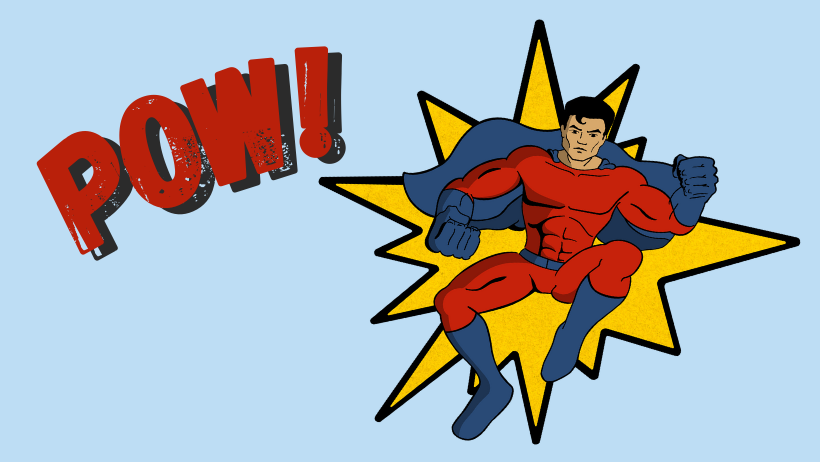Our actions cause reactions. As the English 80s rock group The Fixx sang, “One thing leads to another.” You only have to look as far as the local news for the past year and a half to see what it means literally for something to go viral. The domino-effect spread of Covid-19 has changed virtually every aspect of our behavior and our lives. Originally we thought only certain portions of the population were at risk, and while severity does depend on other factors, for purposes of spreading itself, the virus doesn’t know the difference between us. And now because of a more contagious variant, we’ve begun to reinstate some of the precautions we previously had in place in order to protect each other.

Perhaps more dangerous than the novel coronavirus itself is that there are those who believe that they are invincible or that somehow others are impervious to the spread of the virus. The moral imperative that we must respect fellow human lives – and, sadly, the disregard for this imperative – is certainly not a new idea. The Torah spends almost the entirety of its books focusing on lessons to live a moral and ethical life, and this week we read Parshat Nitzavim, which teaches us this lesson quite clearly.
The Torah portion begins with God telling the Israelites about the covenant they are making together and how binding it is. In the course of the text, God implores us to choose life. The goal is to see blessings and curses and to know that when we make choices, it affects not only us, but all those in our community. This is clear in chapter 29, verse 18 as we read, “When such a one hears the words of these sanctions, he may fancy himself immune, thinking ‘I shall be safe, though I follow my own willful heart’ – to the utter ruin of moist and dry alike.” The Torah is warning us against those who think themselves or their family members to be invincible.
Believing you’re immune or impervious to the world isn’t heroic or courageous in any way. It’s a curse. God reminds us that this mindset ultimately leads to devastation and to the destruction of our society. Judaism is not “every person for themselves.” It is a religion based on the strength of our relationships and connections. It is a religion that is fulfilled when we’re in community and looking out for the good beyond our own homes or our own needs. What we’ve learned in the 18 months since Covid-19 has taken hold of our society is exactly this. We’re all in this together, and as such, we must work together towards what strengthens us.



